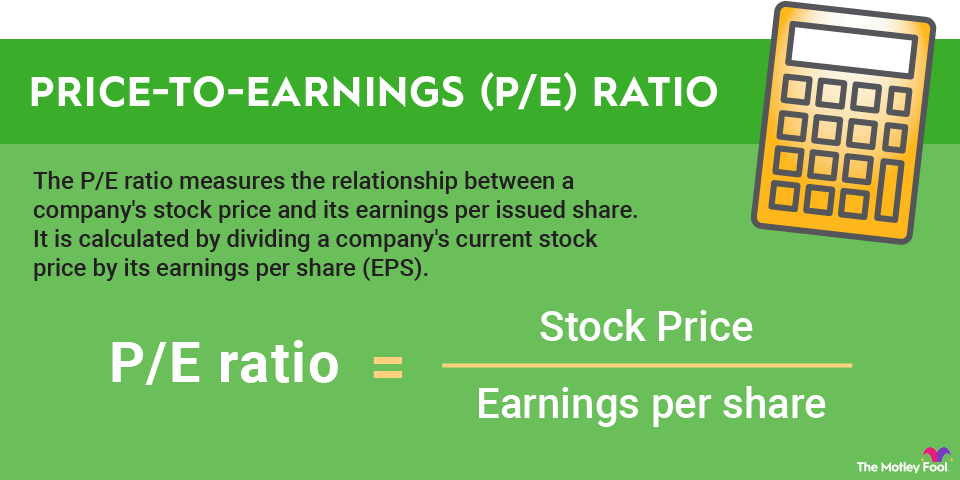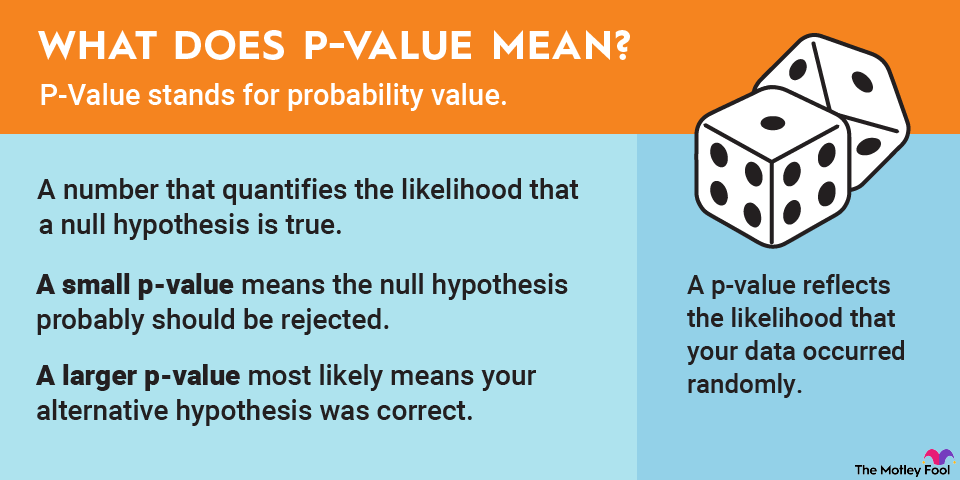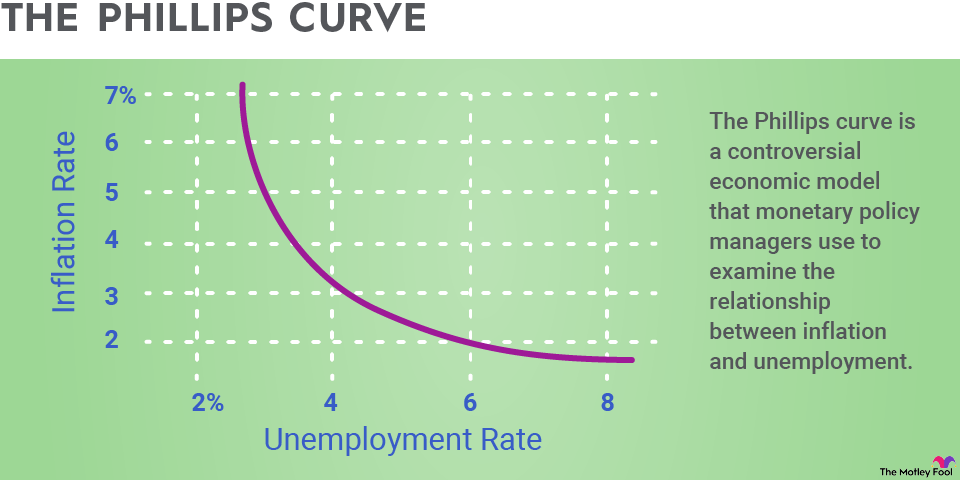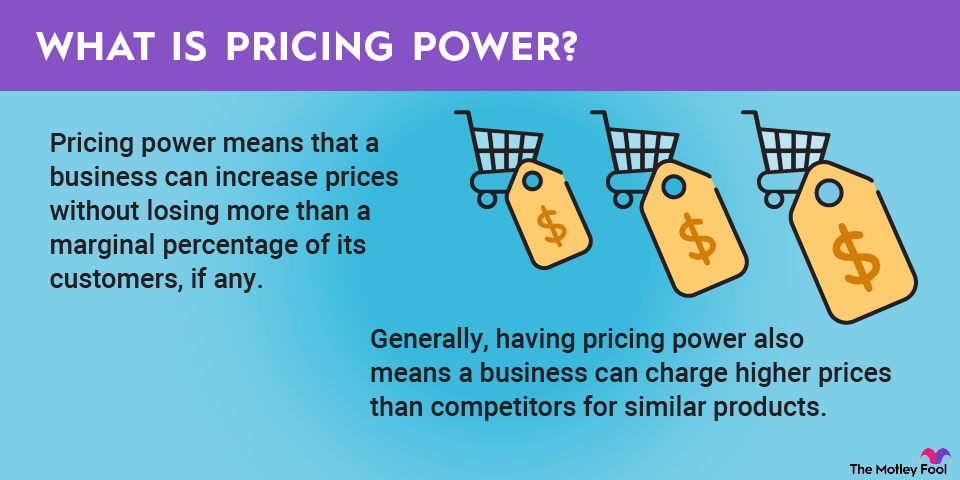A pod shop, also known as a multimanager hedge fund or platform, is a type of investment firm that employs multiple independent teams (or pods) to manage capital. Each team has a specific mandate, style, and edge, and they operate relatively autonomously within the overall structure of the pod shop.
Capital
Pod shops can benefit from economies of scale, including large analytical teams, access to good deals, and efficient back-office operations. Their modular structure allows for greater flexibility in adapting to changing market conditions and fostering innovation within individual teams.

What is a pod shop?
A pod shop is a platform that allocates capital to multiple individual portfolio managers or teams, each with their own investment strategy. The intent of a pod shop is to provide a scalable infrastructure and resources for these managers to operate independently while leveraging the size and resources of the larger fund.
Each team within the pod shop has its own strategy, investment style, and team structure, allowing for specialization and diversification of investment approaches. Pod shops provide access to a shared infrastructure, analytics teams, and back-office functions, which can be expensive for individual managers to replicate on their own.
The pod shop platform allocates capital to the different teams, potentially based on their performance, track record, and the specific market conditions they are targeting. Pod shops often have risk management strategies that aim to minimize overall volatility and manage potential losses across the different teams.
The infrastructure and resources a pod shop provides can be attractive to high-performing managers who may not want to deal with the overhead of setting up their own firm. By combining the efforts of multiple teams, pod shops can diversify their portfolio and potentially improve overall risk-adjusted returns.
How does a pod shop work?
A pod shop works by allocating capital to multiple independent portfolio managers (PMs) within a single fund. Each PM manages their own portfolio with minimal interaction with other pods, and they are responsible for generating their own returns.
The fund as a whole benefits from the diversification of these independent strategies. Each PM is given a specific mandate, style, and edge to focus on a particular area of the market. The fund provides capital to each PM, and the PMs are responsible for managing their allocated capital and generating returns.
While each PM is responsible for their portfolio, the fund may have centralized risk management processes to ensure overall stability. PMs are typically compensated based on their performance, which incentivizes them to generate returns.
What is the point of a pod shop?
Pod shops' market-neutral approach allows them to generate returns that are less affected by the broader market's fluctuations. This makes them attractive to investors seeking stable, predictable returns.
Using multiple teams with diverse strategies allows pod shops to adapt to changing market conditions and investment styles. This flexibility is crucial in dynamic markets where specific strategies may fall in and out of favor.
By allocating capital to numerous individual teams, pod shops achieve a form of diversification without needing to diversify individual bets into the broader market. This allows them to take on idiosyncratic bets that can lead to higher returns while mitigating overall risk.
Pod shops attract and retain top talent by offering autonomy and opportunities for performance-based rewards. This allows them to tap into the expertise of highly skilled individuals who can generate strong returns.
Pod shops can provide a more cost-effective solution for managing investments than traditional hedge funds, especially for organizations that must diversify their investments and stay on top of market trends. They can leverage the expertise of multiple teams without the overhead of managing individual portfolios.
Pod shops hire PMs with particular expertise, whether it's a specific asset class, market segment, or unique investment strategy. While pods might focus on a specific asset class, they can also be multistrategy, meaning they employ different investment approaches within that asset class.
Pods might focus on specific stock market sectors, such as technology, healthcare, or consumer discretionary. They could also specialize in fixed-income, commodities, or even quantitative strategies.
The bottom line on pod shops
Because pod shops allocate capital to numerous independent PMs pursuing their own investment strategies, these PMs can manage assets across various markets, including equities, commodities, foreign exchange, and more. The pod shop platform provides the infrastructure and back-office support for these PMs, allowing them to focus on their respective investment strategies.
Pod shops, also known as multimanager hedge funds, present several risks, primarily stemming from the model's structure and dynamics. These risks include correlation risk, potential for negative portfolio manager behavior, and concerns about market efficiency.
A sudden increase in correlation across pods, even due to external factors, could trigger a domino effect of margin calls. This could force pods to sell assets into a falling market, further driving prices down and increasing losses.
Pod shops often restrict communication and cooperation between pods to avoid conflicts of interest and potential information leakage, but this can also limit the ability to manage correlated risk effectively. The pod shop structure can create conflicts between what's optimal for a pod and what's optimal for the overall firm.
Related investing topics
Portfolio managers may prioritize their own profit-sharing arrangements, potentially leading to actions that are detrimental to the overall fund's performance. While pod shops are often designed to minimize information leakage between pods, the very nature of their high-frequency trading can contribute to market efficiency.
Some argue that the pod shop model, with its emphasis on independent trading, can give certain pods an unfair advantage over others. Pod shops often employ high leverage, which can magnify both gains and losses. Regulators are increasingly paying attention to pod shops and their potential risks, especially with regard to systemic risk and market stability.



















